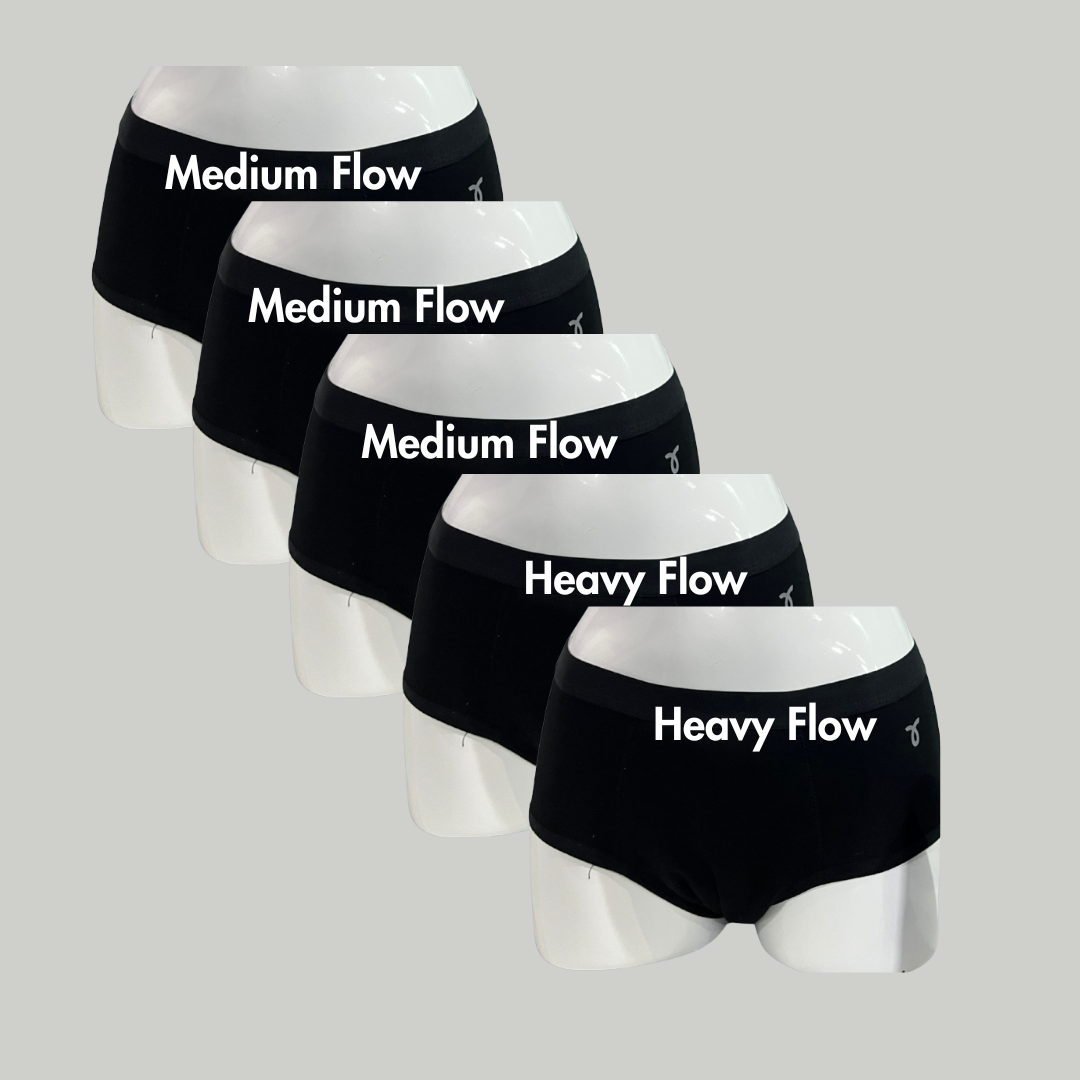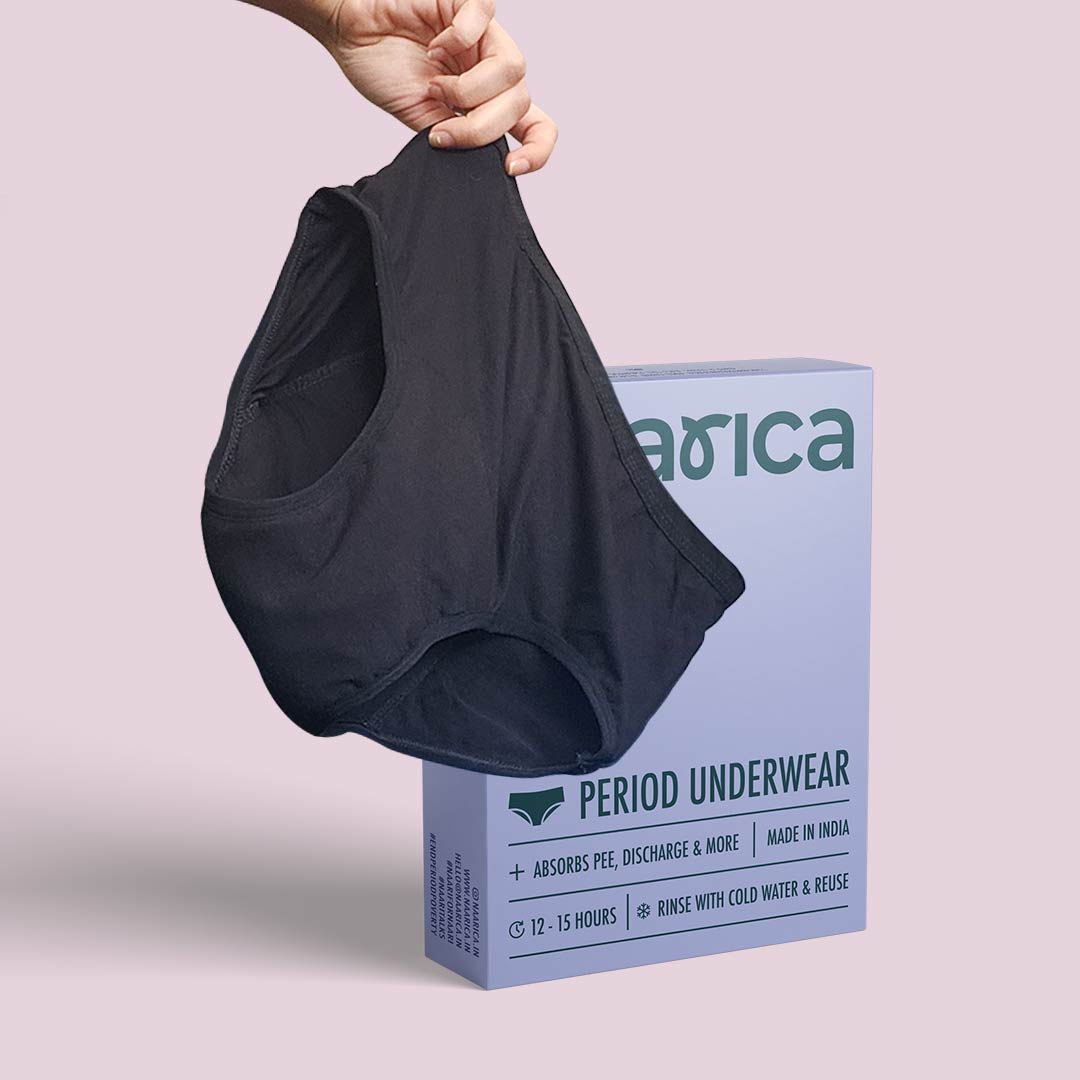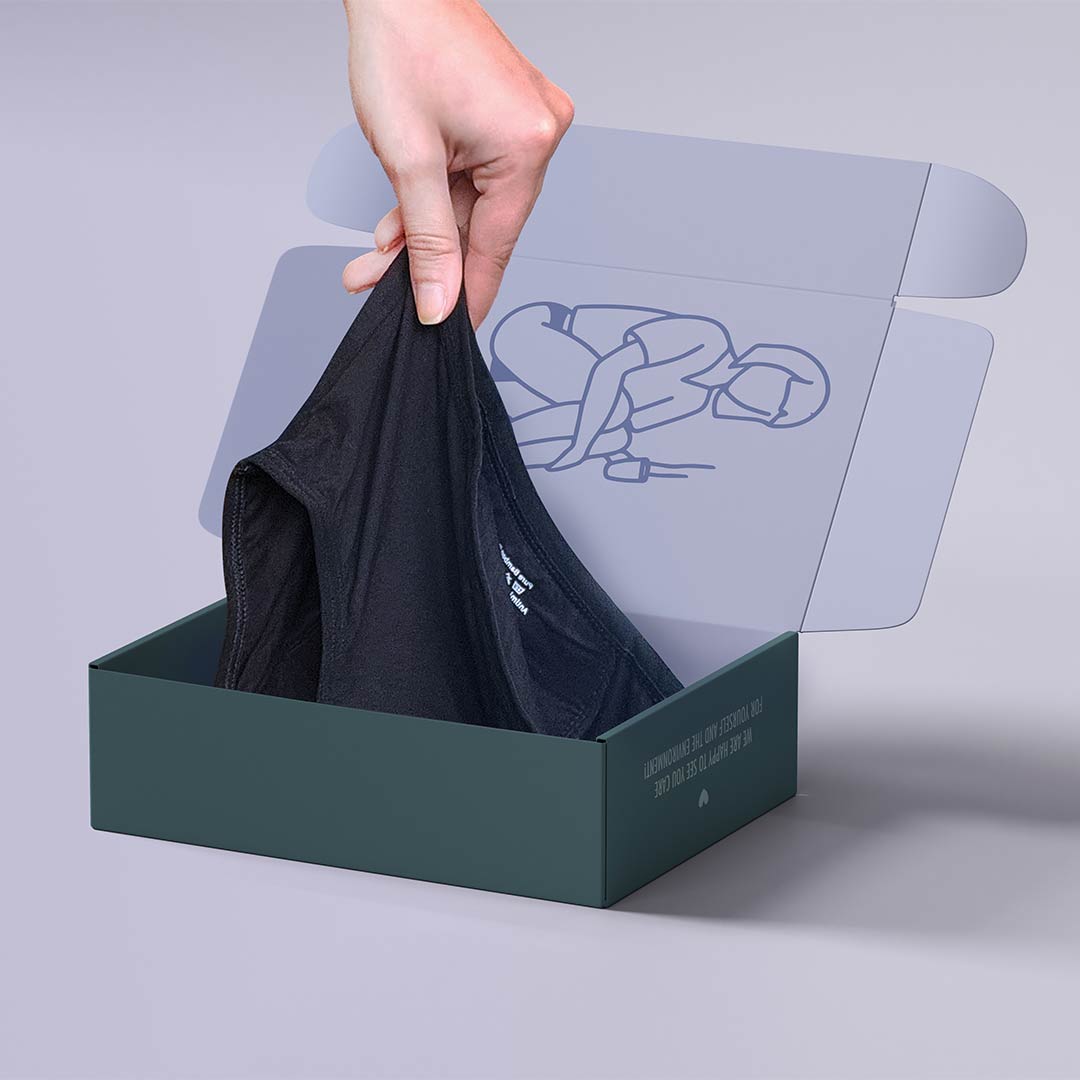Every month, menstruation brings its share of inconveniences: bleeding, of course, but also pain, fatigue, sleep disorders and mood swings... While symptoms vary from one woman to another, most of us suffer from fatigue during menstruation.
Hormonal fluctuations during the menstrual cycle mean that energy levels vary considerably. At the moment of ovulation, for example, estrogen and progesterone levels peak. Most women are in good spirits, with energy to spare and a heightened libido. A few days later, during the luteal phase, estrogen levels drop. This drop in hormones is accompanied by a period of depression and fatigue. It starts about a week before the period, with premenstrual syndrome, and continues for the duration of the period.
Menstrual fatigue: another hormone storyAt home or at work, our energy and motivation are in free fall. Far from being a simple laziness, this condition reflects the fluctuations undergone by the body during the menstrual cycle. Fortunately, there are simple ways to remedy the situation; or at least to limit this lack of energy and regain a little pep during the period.
Another symptom that can aggravate fatigue during menstruation is food cravings. Hormonal changes encourage some unhealthy cravings, particularly for very sweet foods. When sugar is absorbed, the pancreas produces large quantities of insulin. Once the sugar has been assimilated, insulin levels drop sharply, leading to a rapid and severe drop in energy.
Iron deficiency, another possible cause
Around 10% of women under 49 suffer from anemia (see symptoms of anemia), and menstruation is a major cause of this condition. In fact, when menstruation is heavy, the body loses a lot of blood, resulting in a lack of iron (not to be confused with the symptoms of bleeding during menstruation). If you have heavy bleeding during your period and are wearing a copper IUD, you may need to consider another contraceptive.
Together with your doctor or gynecologist, you can choose a more suitable and less stressful method of contraception. Iron-deficiency anemia leads to a drop in the number of red blood cells in the blood. Red blood cells distribute oxygen throughout the body. Lack of red blood cells means lack of oxygen and therefore lack of energy, leading to fatigue during menstruation. If your menstrual flow isn't particularly abundant, menstruation can still cause anaemia if your diet is low in iron.
Magnesium deficiency can also cause fatigue. This element facilitates neuromuscular exchanges, and a lack of it often results in irritability and fatigue. Finally, a lack of water aggravates the phenomenon, so it's important to stay well hydrated.
Good nutrition to combat fatigue during menstruation
Cravings and loss of energy are the result of hormonal variations. The body experiences a drop in energy and tries to compensate by eating. To avoid this phenomenon, which causes fatigue during menstruation, it's important to maintain a balanced diet.
Of course, this doesn't mean eating sweeter foods in anticipation of your body's cravings. Instead, focus on foods rich in fiber, vitamins and minerals. Proteins are also necessary, as they support the production of hormones and enzymes important for maintaining balance. Include in your menu:
- Poultry (chicken, turkey, duck);
- Lean meat;
- Seafood;
- Soy products;
- Pulses.
To compensate for iron deficiency, you can eat, among other things:
- Offal, especially liver;
- Lentils;
- Dark green vegetables such as spinach or asparagus.
In the event of severe deficiency, you can start an iron cure according to your doctor's instructions. Magnesium deficiency can be remedied by eating dark chocolate and beans. In any case, make sure you drink enough to limit fatigue during your period. It's true that water retention during premenstrual syndrome, and frequent trips to the toilet during periods, don't encourage water consumption. However, you should try to drink 1.5 litres a day. Don't forget fruit juices (plain, not sweetened!) and comforting soups and broths, which also help to hydrate the body.
Physical activity is always essential
You're probably thinking that, because of exhaustion, it would be illusory to want to take up sport as well? Paradoxical as it may seem, physical activity helps reduce fatigue during your period. Of course, no one is forcing you to do three hours of running. And if you're worried about leaks or unsightly marks, think about putting on washable menstrual panties that will protect you comfortably and effectively.
Physical activity helps prevent premenstrual syndrome symptoms (bloating, stomach aches, mood swings, etc.), combat painful periods and reduce menstrual disorders, including period fatigue. Sport helps release endorphins, mood-enhancing hormones that reduce anxiety and fatigue. For women suffering from menstrual pain, exercise helps relieve cramps, spasms and contractions.







